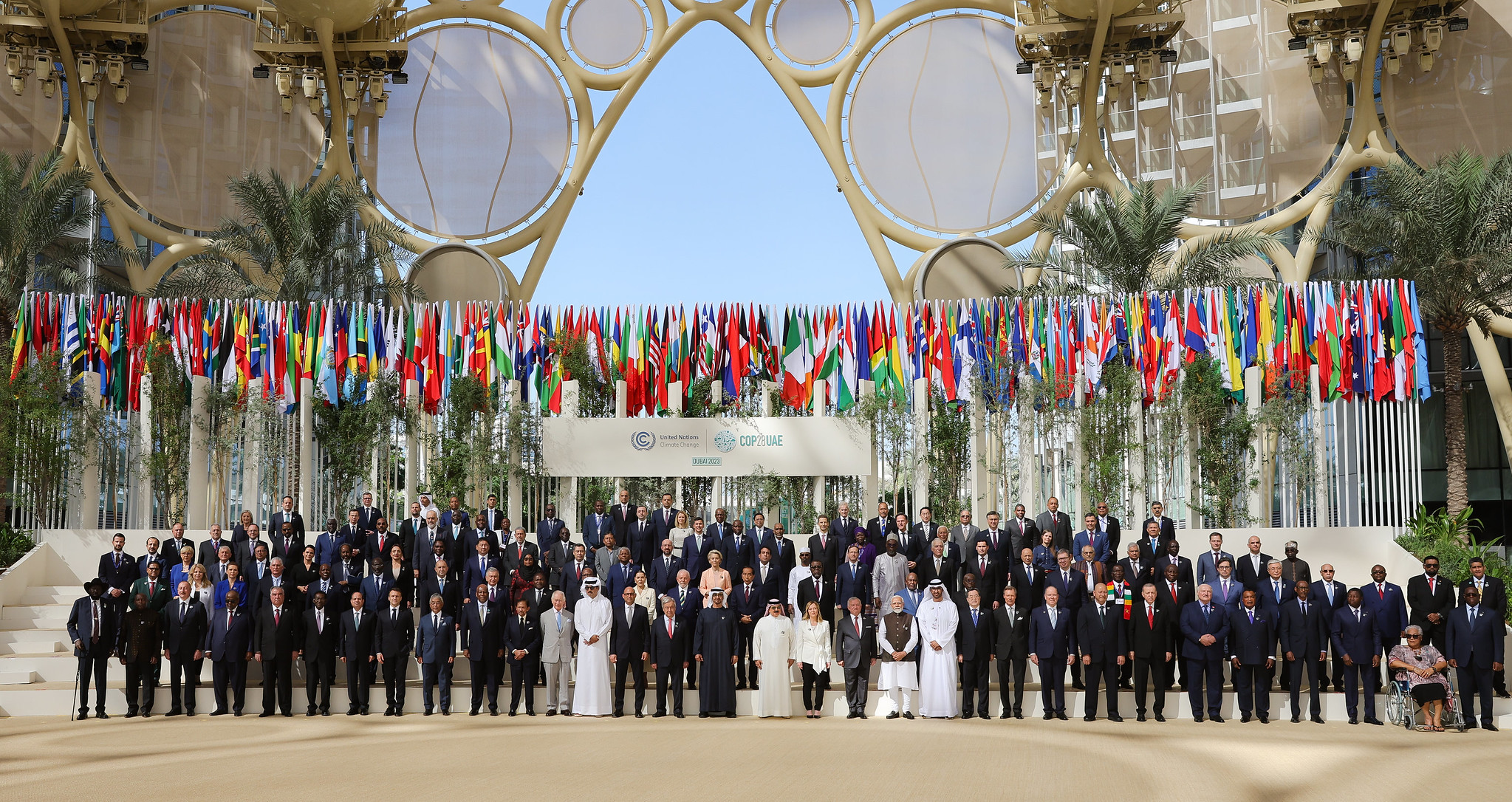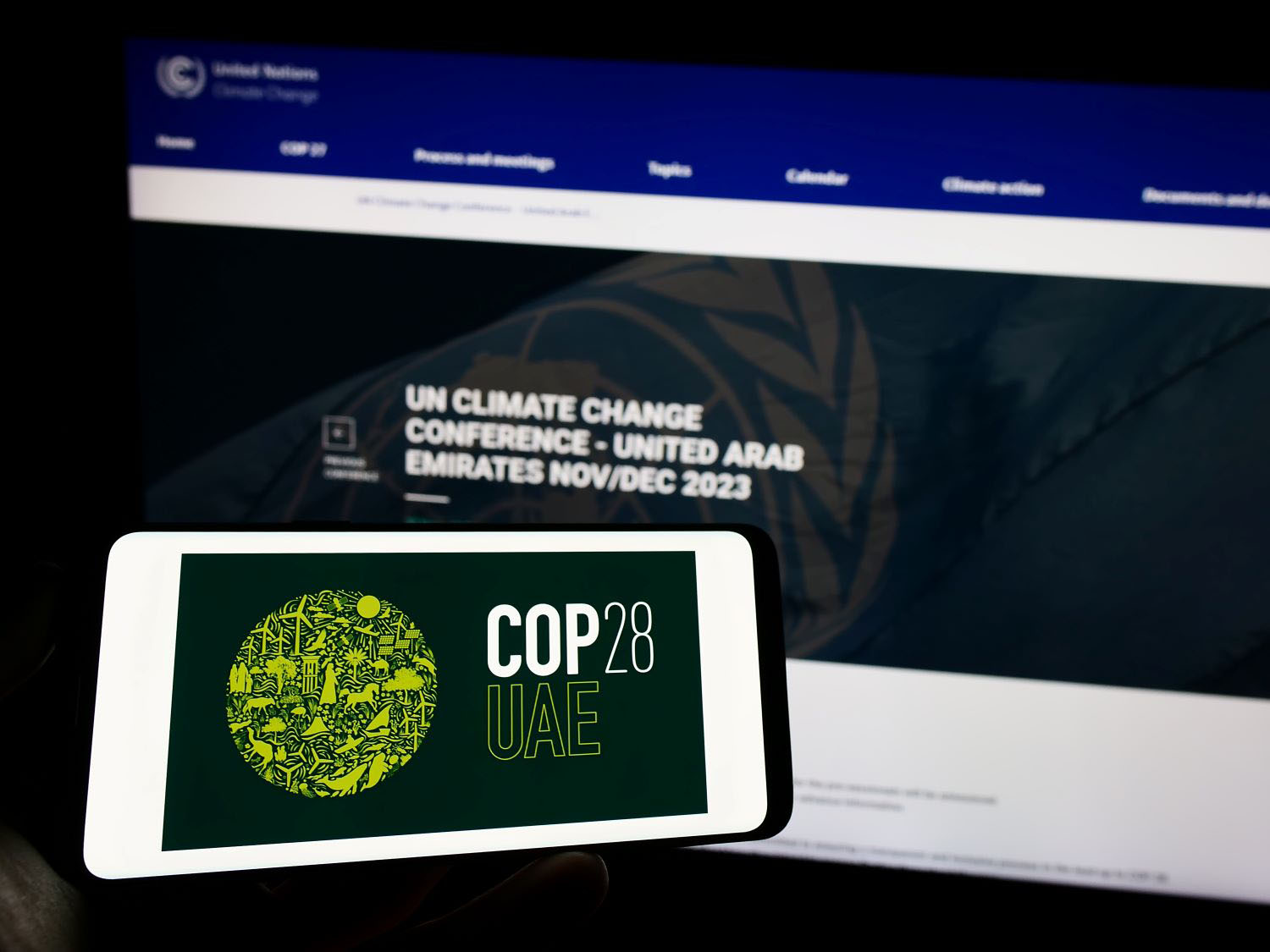I’ve been frustrated with this Administration for dropping the ball on Africa policy for five years, but I am borderline-ecstatic about Power Africa, the new White House electricity access initiative announced by the President on June 30. Kudos to President Obama, Michael Froman, Gayle Smith, and others who made this happen. Credit also goes to our friends at the ONE Campaign which made fighting energy poverty a signature campaign issue. Here’s what I especially like:
-
Already has bipartisan support. Conveniently, the Electrify Africa Act of 2013 was introduced on June 28 by Congressmen Royce (R-CA, Chair of the House Foreign Affairs Committee), Engel (D-NY, HFAC Ranking Member), Smith (R-NJ, Chair of HFAC Africa Subcommittee) and Bass (D-CA, Subcommittee Ranking Member). This opens the door to the Administration being even more ambitious and removes any excuse that ‘the Hill will never go along.’
Here’s what I’ll be watching over the next 12-36 months:
-
Implementation? The White House is good at announcing big initiatives (Global Health Initiative, Global Climate Change Initiative, Feed the Future), but follow-through has ranged from slow to disastrous. Some quick wins are critical to gaining momentum for an eventual expansion to more countries and higher targets.
-
A pragmatic compromise with Greens? While there should not be an inherent tension between energy access and global climate goals, some environmental groups will likely object to any perceived weakening of regulations. Renewables will play a major role in Power Africa, yet closing Africa’s massive energy poverty gap will undoubtedly require a mix of solutions, especially abundant natural gas in East Africa. The President announced an aggressive yet pragmatic approach for coal projects during his recent climate change address. So, I’m hopeful he can also find a way to allow natural gas projects in low-income low-emitting countries that are consistent with global targets. In fact, this approach is even greener than what the President has been saying publicly.
-
Reach Targets? Power Africa aims overall to double energy access, but its specific five-year targets are 10,000 MW of new power generation to reach at least 20 million new households. Given that the current gap is more than 500 million people in Africa, I would have preferred higher targets, but I think this is a good, ambitious starting point (the House bill targets 20,000 MW).
We’ll keep an eye on all of these developments here at CGD. But when I’m celebrating July 4th, I’ll also be toasting President Obama for this huge step forward.
CGD blog posts reflect the views of the authors, drawing on prior research and experience in their areas of expertise.
CGD is a nonpartisan, independent organization and does not take institutional positions.





